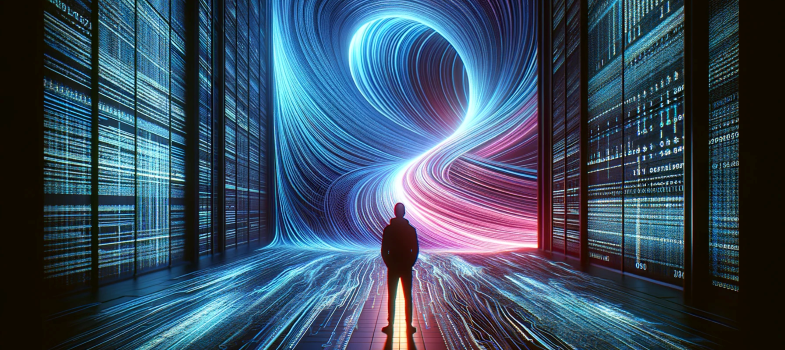Privacy is Power: Social Control
"As you can see, you are a very important person. You are a source of power. By now, most people are aware that their data is worth money. But your data is not valuable only because it can be sold. Facebook does not technically sell your data, for instance. Nor does Google. They sell the power to influence you.
British political theorist Steven Lukes argues in his book Power (1974) that power can bring about a system that produces wants in people that work against their own interests. People’s desires can themselves be a result of power, and the more invisible the means of power, the more powerful they are" - Privacy matters because it empowers us all, Carissa Véliz, Aeon Essays (2019)
In the two videos below, Carissa Véliz and technology experts from the documentary The Social Dilemma explain how the 'digital fingerprint' of personal data that companies build about us is unfairly used to determine our access to services and our opportunities in life.
Privacy is Power: Highlights, a clip from a virtual event with Carissa Véliz by William Blair Investment Management (2021). Video hosted by YouTube.
The Social Dilemma – Bonus Clip: The Discrimination Dilemma by Exposure Labs (2021). Video hosted by YouTube.
ℹ️ This course focuses on how to build privacy-preserving software to protect your users, rather than on how to protect your own personal privacy. If you'd like to learn more about this, the Electronic Frontier Foundation's Surveillance Self-Defense Guide is a great starting point. Yael Grauer's list of people search sites and data broker opt-out mechanisms (note: primarily US-focused) may also be helpful to start understanding what information is available about you online and how you can remove it.
Our Collective Privacy
Privacy is both personal and collective. When you expose your privacy, you put us all at risk. Privacy power is necessary for democracy...Democracy is not a given. It is something we have to fight for every day. And if we stop building the conditions in which it thrives, democracy will be no more. Privacy is important because it gives power to the people. Protect it.
It's not just about you: even if you've made it this far and are still unconvinced that your personal privacy is worth protecting, exposing your personal data puts others at risk.
Think about genetic data, for example: you might be happy to provide your DNA to third parties in exchange for cool details about your ancestry. But by doing so, you just compromised all your blood relatives. If your parent or your sister or your uncle or your child now tries to purchase health insurance, they might be faced with a price they can't afford - or be outright denied insurance - because of future health problems that your DNA disclosed.
An even greater concern is that your personal data - and the psychological profile built from it - may be used to manipulate elections and sabotage democracy. We'll explore this further in the next section.
Further Reading
- Carissa Véliz explores these ideas in much more detail in her book, Privacy is Power. You can also listen to her introducing the book's core ideas in this interview on Youtube.
- The Social Dilemma documentary. In addition to the documentary, this site offer suggestions on how you can take action, from signing petitions and contributing to policy proposals to establishing social media rules with your family.
- Fears over DNA privacy as 23andMe plans to go public in deal with Richard Branson - Kari Paul, The Guardian (2021)
